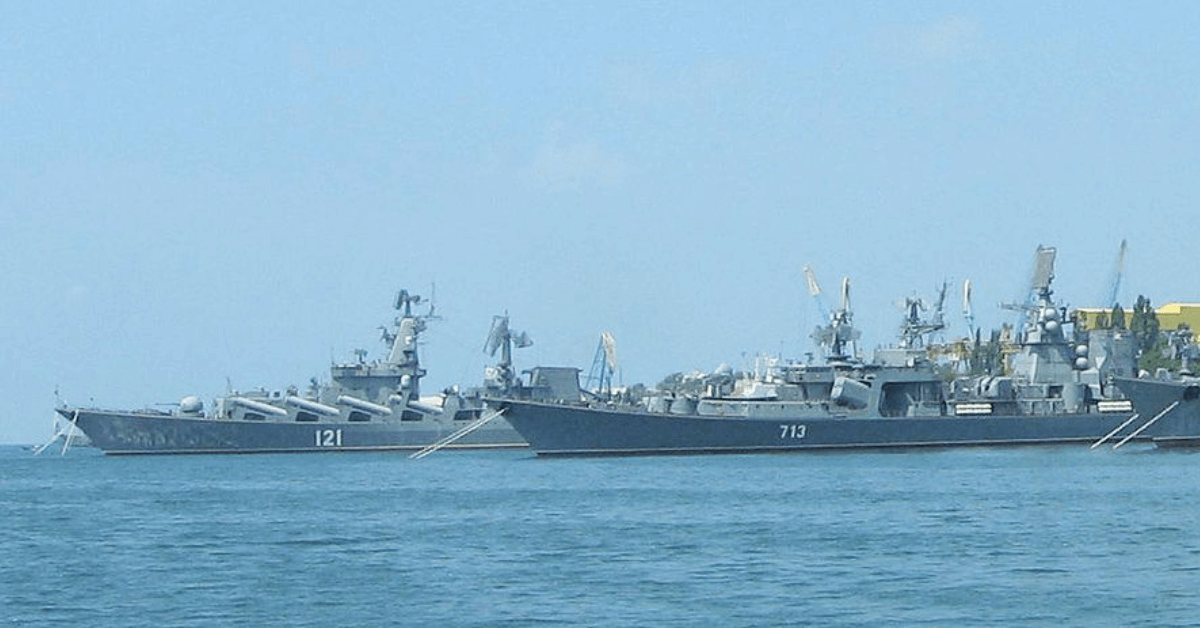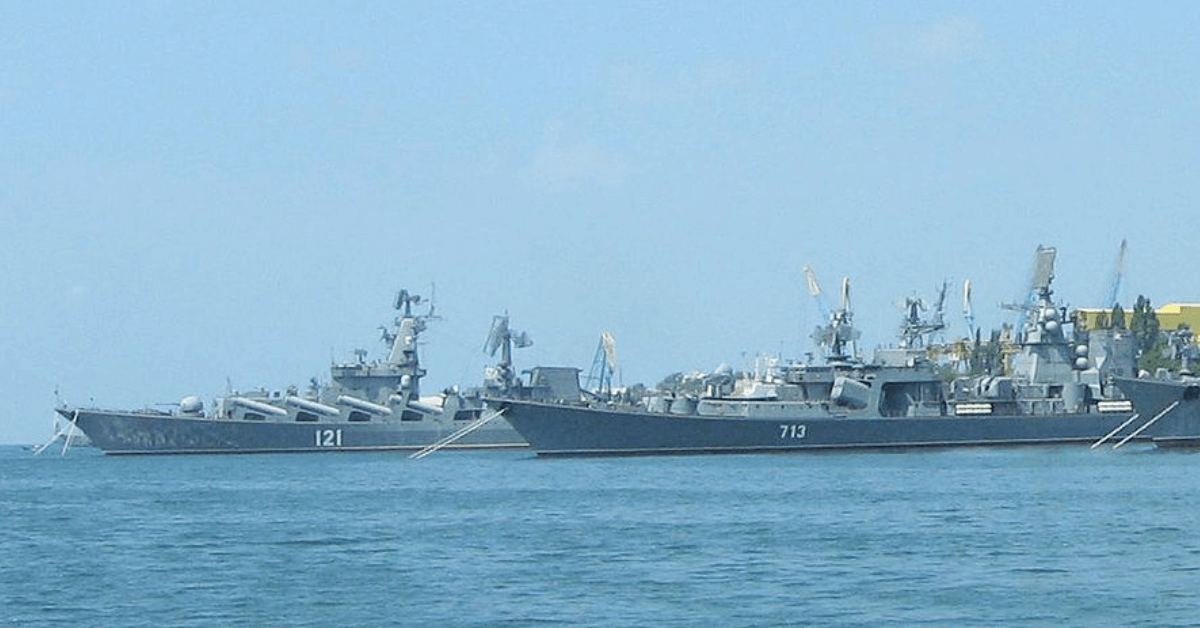
APM Terminals Extends Lease For NY-NJ Port’s Second Largest Terminal
March 25, 2025
LPG Tanker Runs Aground Off Pattaya’s Coast, Residents & Tourists Panic
March 26, 2025
The US announced that it had brokered a tentative agreement between Ukraine and Russia to ensure safe shipping in the Black Sea on March 25, 2025.
However, Russia has made it clear that it will only fully commit if Western sanctions on its agricultural exports and banking sector are lifted- something that Ukraine and its allies strongly oppose.
This agreement, reached after three days of indirect talks in Saudi Arabia, is not a full ceasefire but an effort to de-escalate tensions in the region.
While Ukrainian President Volodymyr Zelenskyy cautiously welcomed the move, he also pointed out that key issues remain unresolved. US officials held separate discussions with both sides in Riyadh, and the deal includes:
- Assurances that commercial ships in the Black Sea won’t be attacked
- A commitment from both countries to avoid military actions that could threaten shipping.
- A clear agreement that commercial vessels won’t be used for military purposes.
This truce resembles the 2022 Black Sea grain deal brokered by the UN and Turkey, which allowed Ukraine to export its grain despite the war.
That agreement collapsed in 2023 when Russia pulled out, arguing that the West had failed to ease restrictions on its food and fertilizer exports.
While US sees this truce as a step in the right direction, Russia is making its conditions clear: it wants the US and Europe to lift sanctions on its banks and restore access to the SWIFT global payment system.
US is reviewing Russia’s demands, but Ukraine has rejected the idea of lifting any sanctions. Zelenskyy has warned that giving in would only strengthen Russia’s position while Ukraine continues to fight for its survival.
A senior Ukrainian official, speaking anonymously, accused Russia of using peace talks as a bargaining chip to push its economic interests. “Russia has done nothing to deserve sanctions relief,” the official said. “They’re just trying to manipulate the situation.”
Ukraine’s Defense Minister Rustem Umerov also voiced concerns, warning that Russian warships in the western Black Sea could still pose a threat. This makes it unclear how much security this truce actually provides.
Apart from the Black Sea deal, there have also been talks about a 30-day ceasefire focusing on energy infrastructure. Both Ukraine and Russia had tentatively agreed to avoid attacks on key energy facilities, but Moscow has since accused Ukraine of violating that understanding.
Russia released a list of sites it claims were supposed to be protected and warned that any attacks could lead to the collapse of the entire agreement.
Zelenskyy, however, said that while Ukraine is open to an unconditional ceasefire on energy infrastructure, Russia has yet to agree to the same.
The situation has been complicated as Moscow wants a broader ceasefire under two conditions: stopping Western arms shipments to Ukraine and halting Ukraine’s military mobilisation. Ukraine and its allies have dismissed these demands as unrealistic.
Russia has accused Ukraine of launching drone attacks on civilian energy infrastructure, including damaging a power line near the Rostov nuclear power plant.
Meanwhile, Ukraine has reported fresh Russian missile and drone strikes hitting at least seven regions. In the Sumy region, a Russian attack injured over 100 people, including 23 children.
In Russian-occupied Luhansk, a Ukrainian missile strike reportedly killed six people, including three journalists, according to Russian sources.
References: CNN, AP News
Source: Maritime Shipping News


